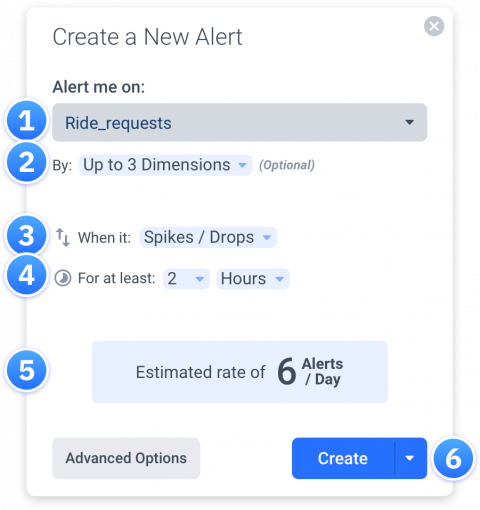Operations | Monitoring | ITSM | DevOps | Cloud
Alerting
Understanding and Modifying Thresholds
Unplanned Work: The Impact on DevOps Teams
Going on call and being awakened at a moment’s notice to put out fires when reputation and revenue are on the line is incredibly stressful. And with DevOps teams under increasing pressure to simultaneously release new products faster while ensuring reliability and quality, burnout is a rapidly growing problem. It’s why #HugOps and empathy are becoming so central to the culture of DevOps.
Ease Your AWS Migration with AIOps
As enterprise cloud migrations accelerate, AWS continues to be a clear and compelling choice for digitally-transforming organizations. And while cloud-based operations are faster, innovative, reliable and cost-effective – they pose new, growing challenges for IT Ops, NOC and DevOps teams. With cloud-based operations, IT organizations now need to minimize outages and disruptions across different architectures and workloads.
PagerDuty ServiceNow Integration
RESOLVE for Service Desk - Citrix Self-Service Troubleshooting
PagerDuty: Empowering People in Moments of Truth
Our founders created PagerDuty with the simple goal of making the lives of on-call developers better—and in doing that, we’ve championed a new way of working, inspired by the DevOps mindset. From that starting point, we’ve evolved our on-call product into a platform for real-time operations that enables our customers to grow from on-call rotations, to incident management and response, to full digital operations management.
Creating an Alert in Anodot is Now Easier Than Ever
When you first set up your Anodot account, you create alerts on the KPIs that matter most to you. Advanced alert configurations enable you to define various parameters so that you only get alerts that are important to you: selecting the metric, building a query, grouping the data by dimensions, selecting triggers and conditions, choosing who and where it should be sent to, and so on.
Atlassian: Anodot is our 'Safety Net'
With AI analytics slated as the biggest disruptor to big data and analytics, data leaders are quickly integrating this capability into their data strategy. Itzik Feldman, data engineering manager at Atlassian, the enterprise software company responsible for Jira and Trello, recently credited Anodot with helping keep the company’s 3,000 employees in touch with product performance and customer experience.











